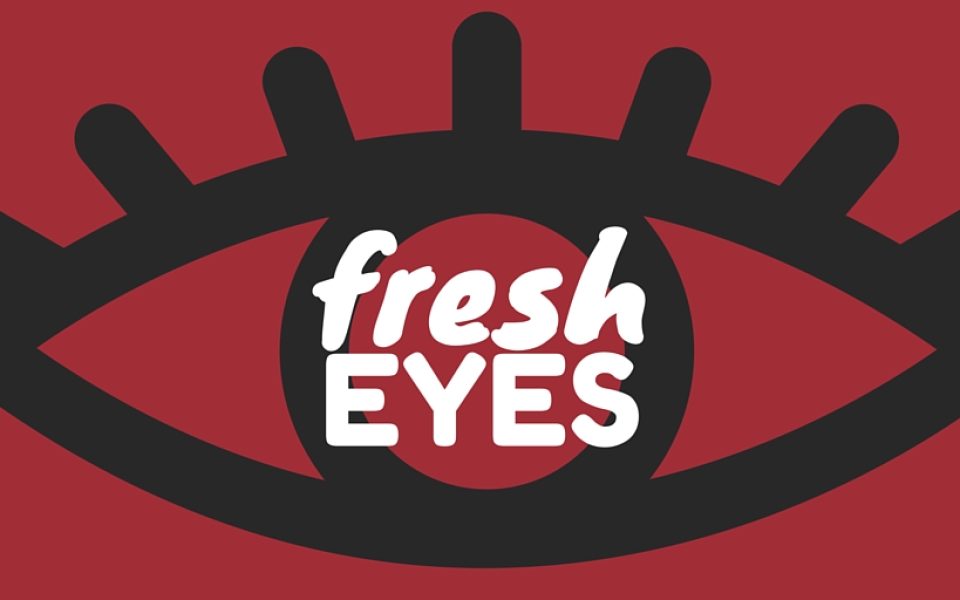I’ve done a lot of walking while canvassing over the past two months.
I traveled from Durham to Winston-Salem, from High Point to Apex.
I tramped through city slums and ritzy suburbs. I walked a country mile — and then some — past tobacco fields, cow pastures and pine stands. I strolled past manicured lawns and wild seas of kudzu.
Deer, rabbits and foxes sprung away surprised from my flashlight’s beam. Dogs nipped at my ankles, and their owners hurled insults and accusations at me while slamming their doors in my face.[pullquote]Mostly, those in suburban bubbles lambast me as a liar, a “Demon-crat,” a solicitor. Surburbanites and country folk alike claim it’s too late as soon as the sun sets behind the trees.[/pullquote]
I’ve logged hundreds of miles on foot in my two months of service for as a political canvasser. And the purpose of all that walking has been to reach voters and speak with them, promoting our cause for American workers’ interests and endorsing candidates who fight for those interests — namely, Hillary Clinton, Deborah Ross, Roy Cooper and Michael Morgan.
So hand in hand with those hundreds of miles, I’ve also had over 1,000 conversations with likely voters, and I’ve learned many things about my fellow North Carolinians across both the political and socioeconomic spectrums.
For one, I’ve realized to my surprise that many communities in the Triad cannot be painted red or blue with a broad brush. You can’t even say they’re necessarily purple.
Suburbs in my hometown of Greensboro vary wildly in their party makeup. Instead of blocs of conservatives or liberals occupying whole neighborhoods, political affiliations sometimes alternate like the stripes of the American flag. Even some of the densest neighborhoods more resemble a pointillist painting than a monochromatic blob.
Of course, some regions do vote with a herd mentality.
In the outlying rural areas of Guilford or Forsyth County, towns and unincorporated municipalities tend towards conservatism with perhaps some random hippies plopped into the scarlet sea. The opposite holds true in the middle of cities; for example, one Trumpnik stood out against the dozens of Clinton supporters I canvassed in Greensboro’s College Hill neighborhood — and he was moving out.
He didn’t treat me with disdain, though.
Mostly, those in suburban bubbles lambast me as a liar, a “Demon-crat,” a solicitor. Surburbanites and country folk alike claim it’s too late as soon as the sun sets behind the trees; in this way, I’ve learned Southerners follow not clocks but daylight to tell time. They issue forth such contempt for my simple inquiries and exercises of political free speech as to scream at me to leave their subdivision or they’ll call the cops.
And I have most certainly had the police called on me and my teammates, but many “concerned citizens” placed these requests on false pretenses.
Once, an officer of the Greensboro Police Department told me a miffed citizen claimed I was peddling subscriptions for DirecTV. I had to laugh.
I don’t understand this disdain for canvassers, and I now feel the deepest empathy for my walking, knocking cousins of traveling salespeople and Jehovah’s Witnesses to the point of accepting a copy of The Watchtower this summer.
I’ve also learned that the undecided voter is not an endangered species, even in this crazy-ass election. Believe it or not, many people still haven’t decided between Clinton and Trump.
It shocks me every time I run into one, not because of their rarity, but because the two candidates represent in my mind such a stark contrast in values and sanity. Still, so many unsure voters have intoned the phrase “lesser of two evils” that the words long ago lost any tenuous meaning they once held in this infernal political season.
I speak with these people in attempts to convince them that there is no “lesser evil” at this juncture in the race; there is but the voice of rationalism and compassion on one side and a threat to American democracy and world peace on the other — Clinton and Trump, respectively.
My arguments work on many in the field. But I cannot declare my mission accomplished until Nov. 9 when — hopefully — Clinton, Ross, Cooper and Morgan ascend to their respective offices.
Until then, I keep walking.
Along with his field organizing, Anthony Harrison is Triad City Beat’s sports writer and former intern.
Join the First Amendment Society, a membership that goes directly to funding TCB‘s newsroom.
We believe that reporting can save the world.
The TCB First Amendment Society recognizes the vital role of a free, unfettered press with a bundling of local experiences designed to build community, and unique engagements with our newsroom that will help you understand, and shape, local journalism’s critical role in uplifting the people in our cities.
All revenue goes directly into the newsroom as reporters’ salaries and freelance commissions.


Leave a Reply